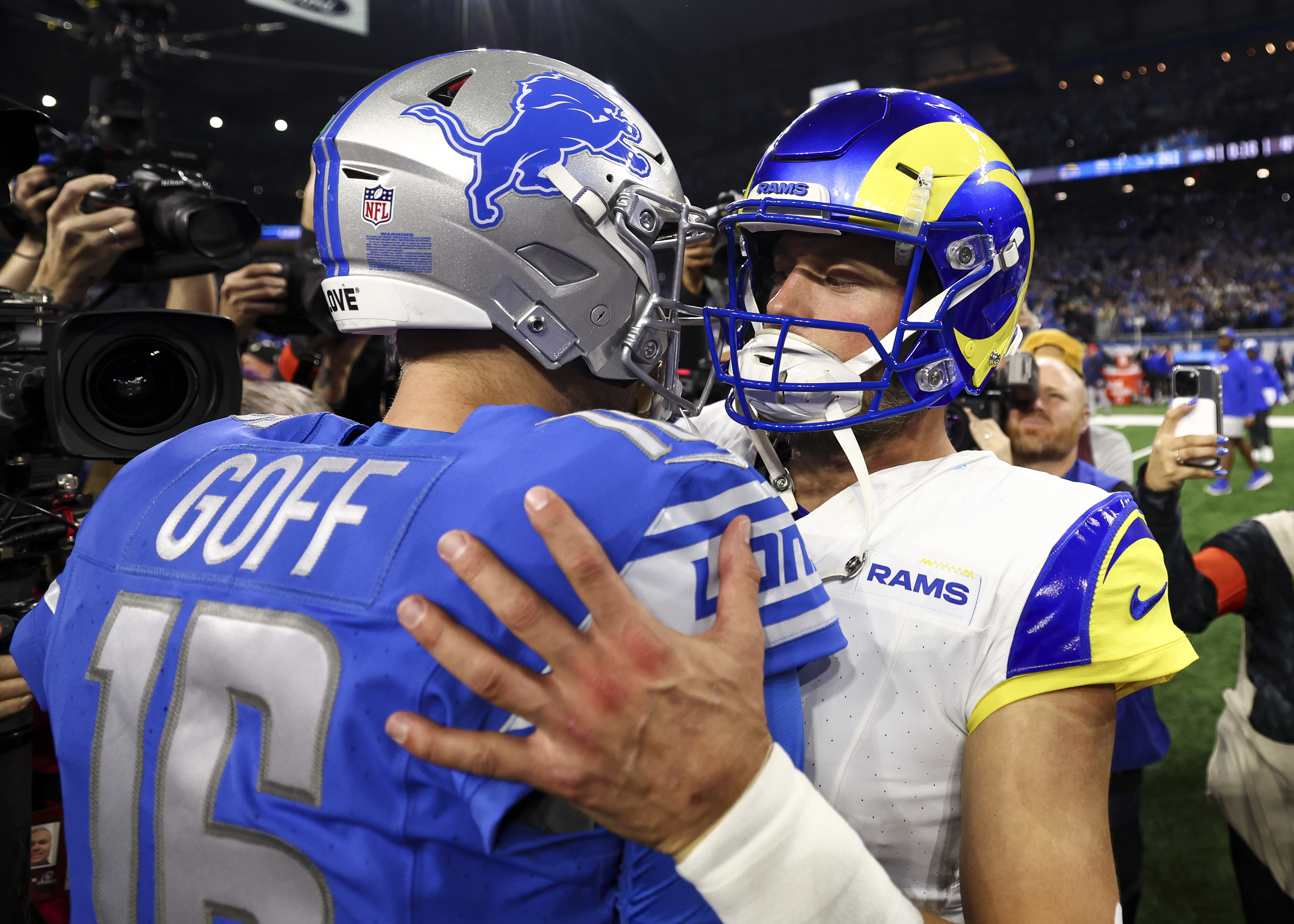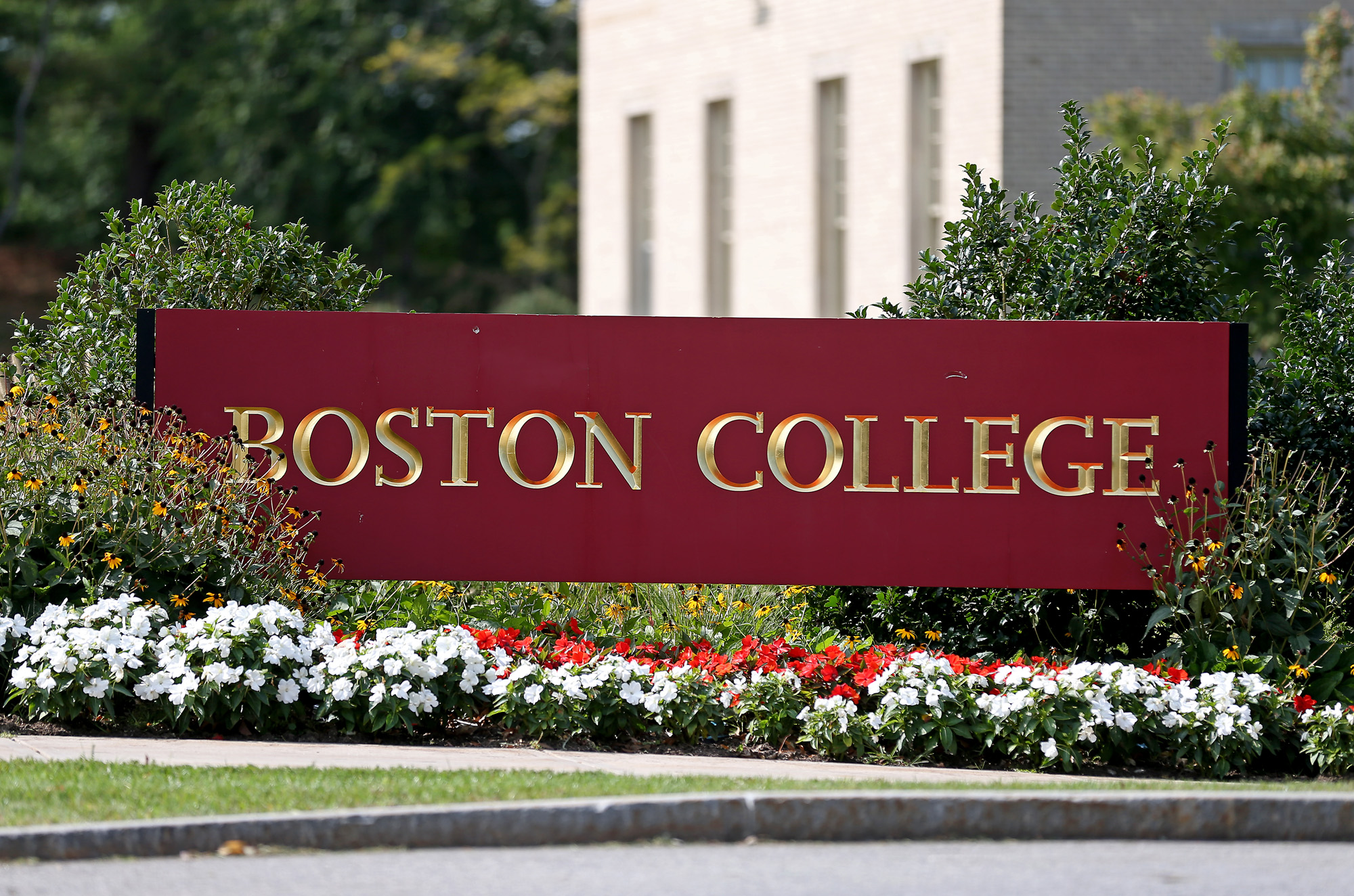With football season kicking off, many fans will be buying tickets to catch their favorite teams in action. But before you hit "Purchase," be warned: Scammers want to cash in on your excitement.
You don't want to lose money to a scammer and miss a game you were looking forward to. The Better Business Bureau received over 100 reports to its scam tracker about sporting event ticket scams last year, and there were likely many others that went unreported.
Here's how you can make sure what you're buying is the real deal:
Always buy from official sources. Ticketmaster is the official ticket vendor for the New England Patriots and most NHL teams. If you're buying through an accredited reselling platform, make sure to read the terms and conditions carefully.
Check if the seller offers a refund guarantee in the event of a scam.
There are all kinds of shady online ticket sites, so remember — if the deal seems too good to be true, it probably is.
Watch out for fake websites: double-check the URL and avoid clicking on links from emails or social media posts. And if you're buying from someone in person or through a resale app or a social media post, be extra cautious.
Ask to see the original proof of purchase and walk away if something doesn't feel right.
"It's hard to decipher what is legitimate versus what is not, especially in this world of technology, in which everything is downloaded, or it's via an app, via email," said Paula Fleming, chief marketing officer at the BBB. "If you're unsure if the ticket is legitimate, you can go to the will call window and they will verify if it is a legitimate ticket or not, prior to the event."
When buying your ticket, always use secure payment methods like credit cards or PayPal, which offer fraud protection. Avoid paying with wire transfers, gift cards or peer-to-peer payment apps. These are often untraceable if something goes wrong, and your money will be gone.




